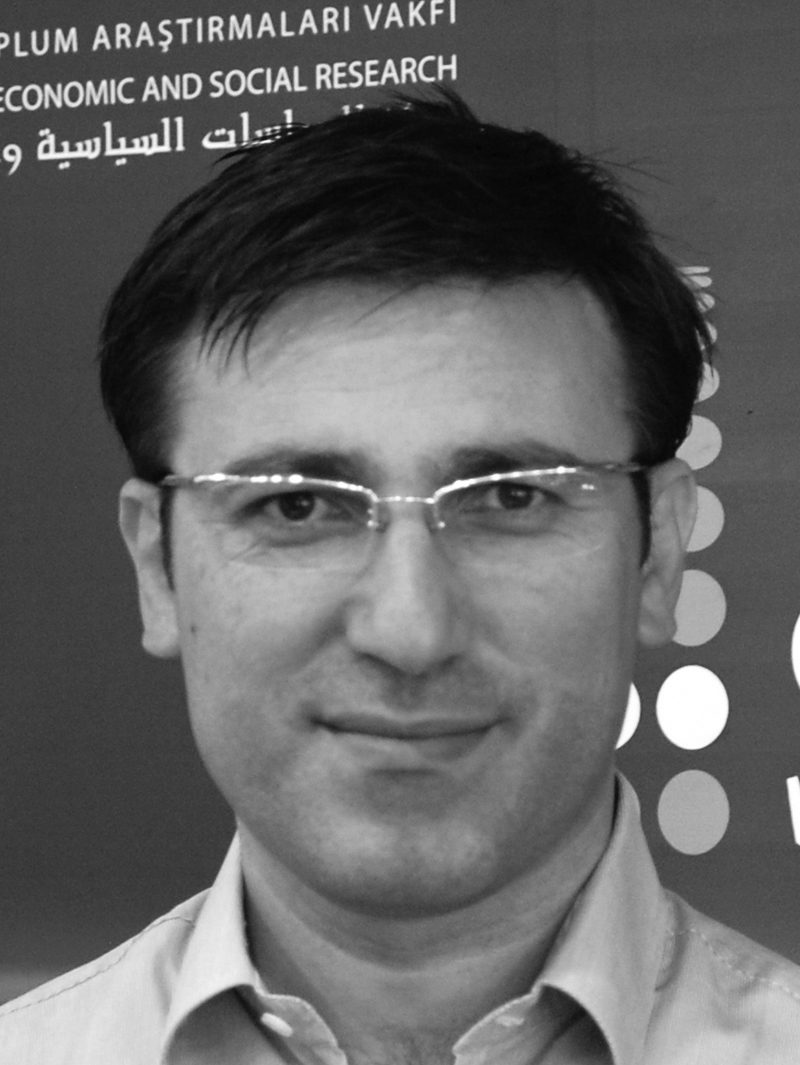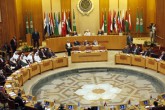Radical, political and social changes in the Middle East reshape regional and global balances and they gradually remove remnants of colonial times from politics. Irreversible grassroots movements in the Middle East targeted on the governments which have survived until now with the help of policies based on tutelage, oppression, suppression and nepotism under the protection of the West. These governments were targeted because they did not have any legitimacy in the eyes of society.
It is evident that the old political order—established in the post-colonial period and consolidated during the Cold War era—can no longer be sustained. In addition to issues regarding political legitimacy, economic crises, inequality of opportunity and the will of people to determine their own destinies triggered a great change which is expected to continue in the next decades.
In the past, regional and international powers wrote the region’s history; now, the people of the Middle East do. When colonial countries such as France, England and Italy were forced to withdraw from the Middle East and North Africa, dictators replaced them. Today people in the region are trying to extricate themselves from the heritage of colonialism.
WHERE DOES TURKEY STAND REGARDING THE CHANGE IN THE MIDDLE EAST?
Until Ozal government, Turkey was considered as a country which had failed to establish close relations with the Middle East and kept its distance from the countries in the region. In line with the founding ideology, Turkish foreign policy elite paid much more attention to establishing relations with the West and preferred to be on Western side believing the West was the center of modernization.
Considering the economic development and the security of the country, it was for the benefit of Turkey to establish close relations with the countries in the region; however, Turkish foreign policy was not shaped according to these rational facts. Instead Turkish foreign policy relied on an ideology. During those times, Turkey failed to develop a unique vision for the Middle East because it considered itself not as a part and agent of the region but as a member of the Western alliance.
Consequently, Turkey could not strengthen its ties with people and countries with whom it shared the same geography for centuries and it even failed to realize the soft power of its historical and cultural ties.
While Turkey kept its distance from the countries in the region, Western countries notably the U.S. shaped the Middle East. In line with the alliance it is in, Turkey, in a sense, has become the captive of regional policies imposed on it. As it failed to develop a unique regional vision, Turkey even failed to establish normal relations with its close neighbors let alone friendly relations.
Being under the umbrella of NATO during the Cold War era, Turkey paid attention to the priorities of the bloc it was in rather than developing an independent foreign policy (with the exception of intervention into Cyprus.)
THE NEW POLITICAL ELITE, THE NEW VISION FOR THE MIDDLE EAST
Recently Turkey has been undergoing fundamental changes: It has given up its introverted, security-focused foreign policy and begun to establish close relations with regional and global actors. Turkey attempted to establish close relations with the Middle East during Özal administration; however the Middle East was then neglected because of the political disputes within the country, instabilities and ideological approaches. But now Turkey rediscovers the Middle East.
Particularly in the last decade, Turkey has got closer to the Middle East, made a room for itself and become the source of inspiration for change demands with the help of political, cultural and economic instruments. AK Party contributed to the establishment of realistic and rational relations free from ideological prejudices with people in the region and paved the way for Turkey to become a respected country both in the East and the West. Not only histo

